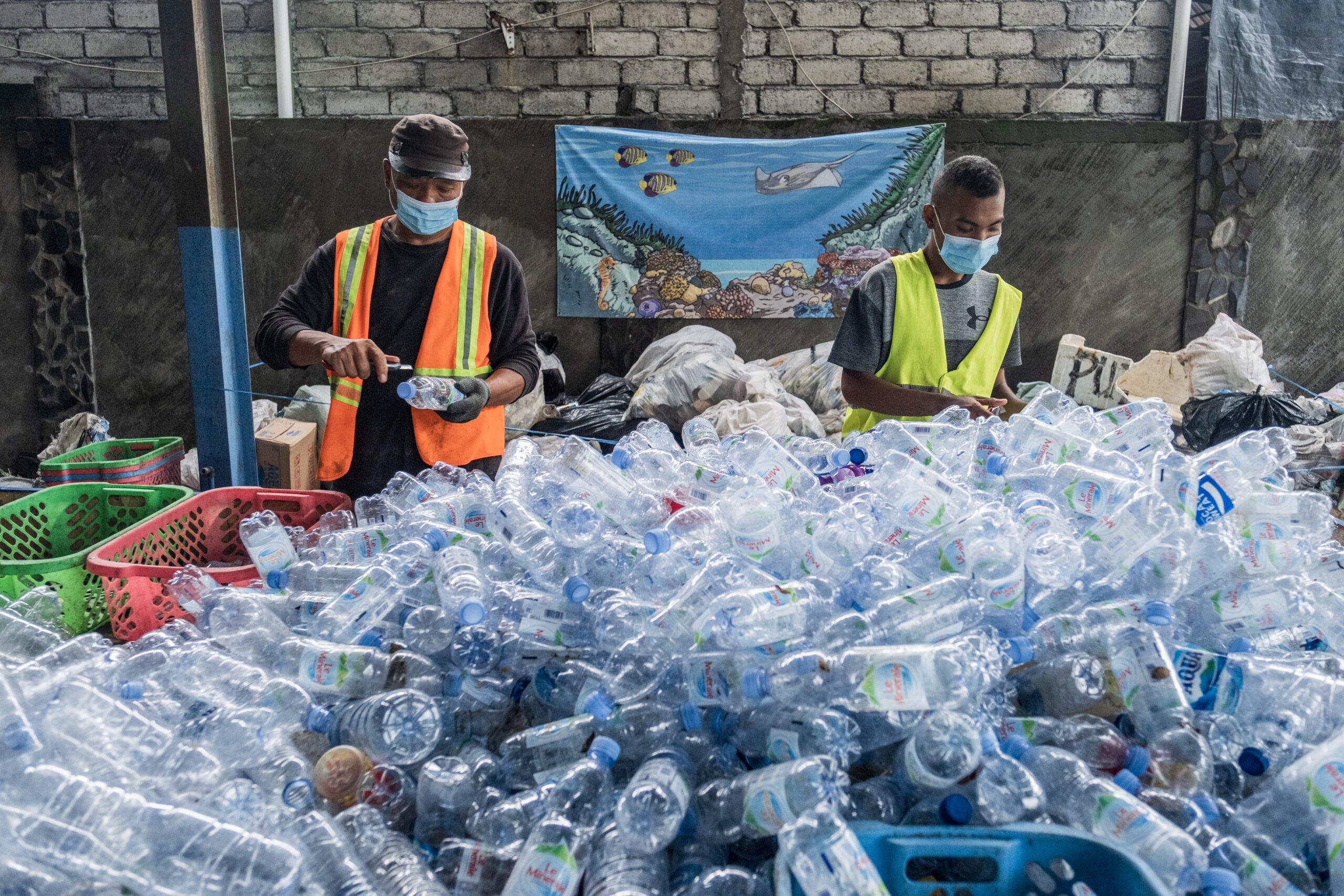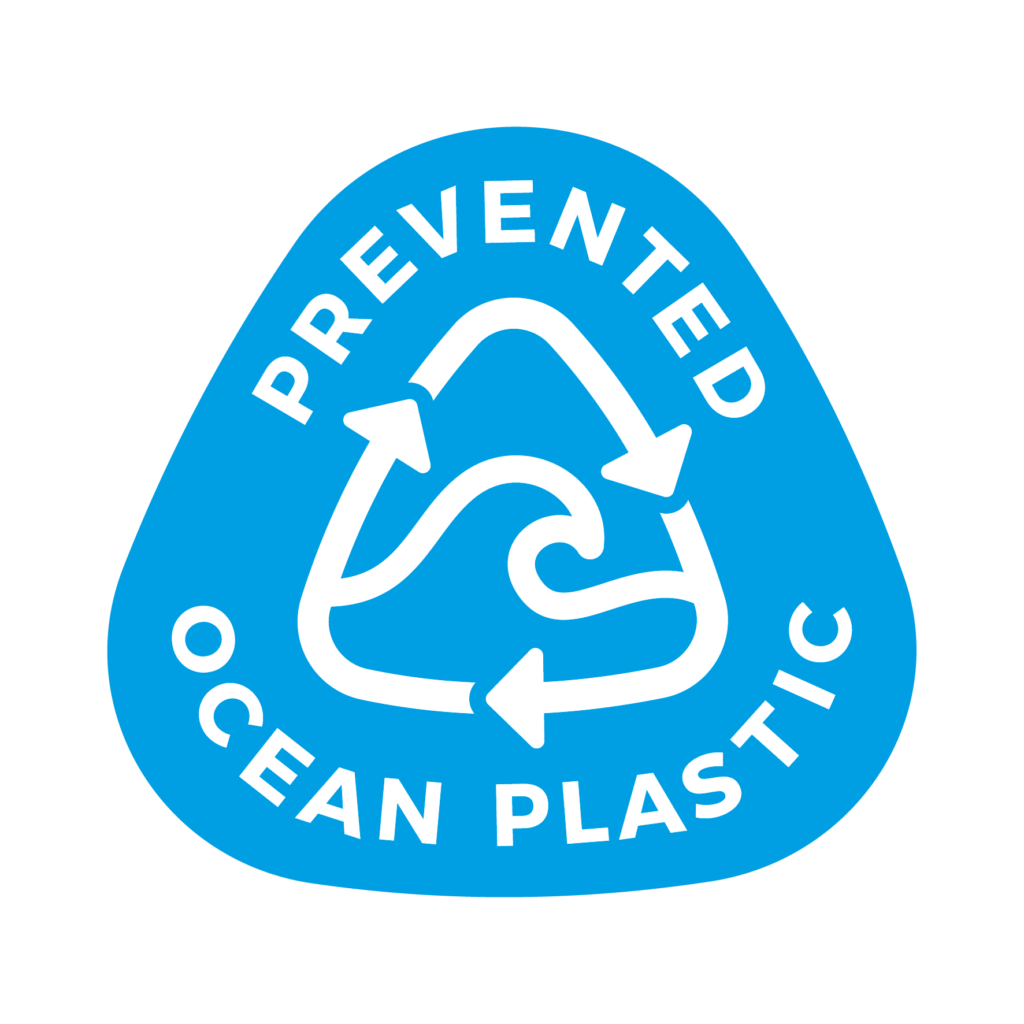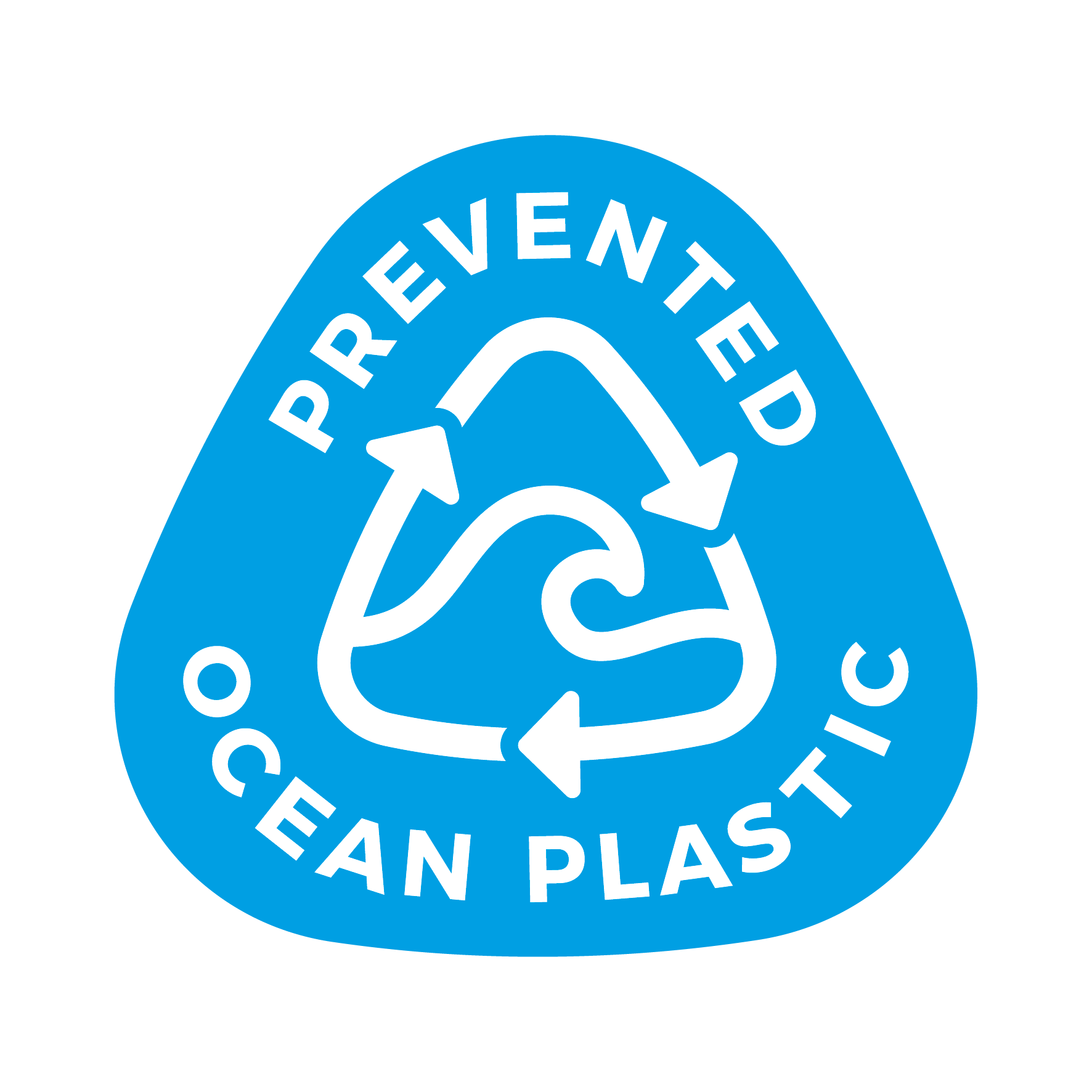
Tackling the climate emergency is going to require huge change from consumers and business alike. While it seems clear consumers are aware of this and are ready to take action, business is lagging behind. At Bantam Materials, we wanted to examine this disconnect more fully by commissioning research with consumers. We found that 62% of shoppers try to buy products packaged in an environmentally friendly way. Unfortunately, many consumers aren’t able to do this, because businesses are sacrificing sustainability to keep costs as low as possible. Packaging for drink, especially water, is often seen as the symbol of society’s need to tackle waste and therefore consumers are becoming increasingly conscious of the packaging drinks are sold in. Meaning the industry can’t afford to wait to catch up to this growing consumer demand.
Taking fish as an example of consumer purchasing habits, we invested in research from Kantar to see where customer ambitions are not being met by supply. We found that 60% of people that bought fish are seeking better plastic choices and over three quarters (78%) are willing to make changes to their shopping habits to achieve this.
But there is a problem. Less than half (45%) of those shoppers were confident they could identify in store which packaging has least impact on the environment. This clearly shows more needs to be done to make it easier for shoppers to make good choices.

That’s why we created the Prevented Ocean Plastic logo which is displayed on all our packaging. It shows that the product is packaged in high quality, certified and award-winning recycled plastic material made from discarded plastic collected from coastal areas at risk of ocean plastic pollution. Used by supermarkets and brands around the world, it meets regulatory health and safety standards, is traceable back to source and can be identified on-pack through its distinctive triangular logo.
For consumers, seeing the logo means they know they are protecting the oceans and marine life from pollution; reducing CO2 emissions; cutting the need for more virgin plastic; supporting people working in materials collection in developing countries across the world; and driving up standards across the ocean-bound plastic recycling industry.
Our research has also shown that the logo is effective; nearly a quarter (23%) of people who bought fish said they had seen the Prevented Ocean Plastic logo before. Nearly three-quarters (73%) said they are interested in buying fish with Prevented Ocean Plastic packaging if it’s the same price or product as with other packaging, and 58% said they would swap to Prevented Ocean Plastic packaged fish if it was available in their supermarket. Additionally, nearly half (43%) said they would buy products in Prevented Ocean Plastic packaging because it’s better for the environment and 34% because it makes them feel like they are making a difference.
Ultimately, we know consumers want to make better choices and drinks packaging has always been a symbol of this desire. Businesses must now step-up and do better to ensure sustainability is easier to achieve. We need to provide more products in recycled packaging and work towards creating a truly circular economy.
Source: Kantar ‘Finding the Value in the Fresh Fish Market’ research from May 2022
For more information about Prevented Ocean Plastic visit Preventedoceanplastic.com or about Bantam Materials visit Bantamltd.com.


